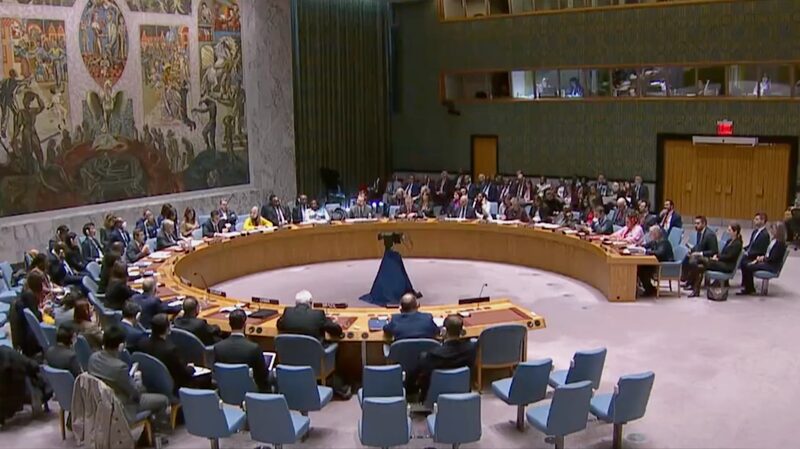Japan’s controversial decision to discharge treated wastewater from the Fukushima nuclear plant into the Pacific Ocean has ignited fiery debates worldwide. Critics argue the move prioritizes cost-cutting over environmental safety, potentially impacting marine ecosystems and human health across borders. 🌏
The Price of ‘Cheapest Option’
While Japanese officials claim the water will be treated to remove radioactive elements, experts warn residual tritium could accumulate in marine life – from fish stocks to seaweed – threatening food chains and coastal economies. Local fishers in Japan and neighboring countries fear livelihoods could collapse overnight. 🐟💔
A Global Game of Risk?
Over 1.3 million tons of water stored since the 2011 disaster might take decades to fully release. Scientists question long-term impacts: Could currents carry isotopes worldwide? How might marine biodiversity suffer? With seafood being a $164 billion global industry, the stakes couldn’t be higher.
Youth Demand Answers
Young activists are amplifying concerns: “This isn’t just Japan’s problem – it’s our generation’s environmental debt,” says 24-year-old climate advocate Mia Chen. Protests have erupted from Seoul to San Francisco, with hashtags like #StopOceanDumping trending globally.
As the first discharges begin, one question looms: Will short-term savings lead to long-term catastrophe? 🌍🔬
Reference(s):
cgtn.com



